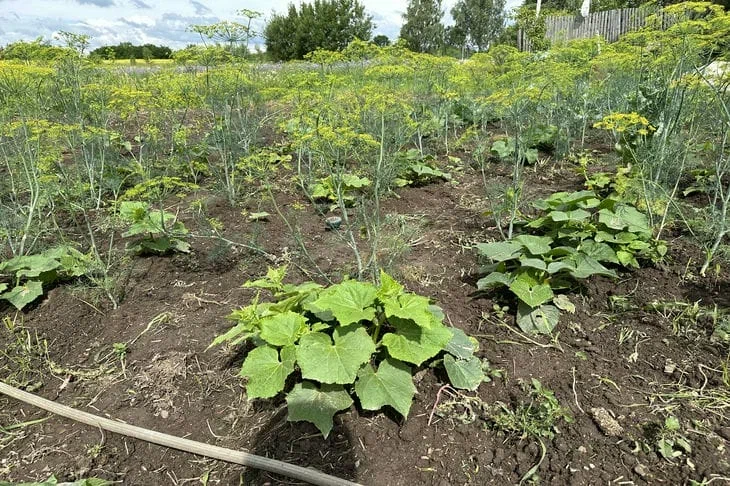When Mulch Is Bad: In Which Situations Mulching Harms Plants
If mulch is used incorrectly, it will hardly do any good to your plants.
An expert of the online publication BelNovosti, agronomist, and landscape designer Anastasia Kovrizhnykh , told us what harm can be expected from mistakes made by summer residents out of ignorance during the mulching process.
It turns out that if last year's mulch has not completely decomposed by spring, it should be removed from the beds as soon as the snow melts.
The whole point is that after winter the mulch gets compacted and does not allow the beds to warm up.
In addition, it retains the cold coming from the ground, freezing and forming an ice layer that oppresses the roots of plants and prevents their awakening.

In particular, all of the above applies to sawdust, which not only decomposes poorly, but also takes nitrogen from the soil, which is necessary for plants to grow.
Therefore, if you use sawdust in your garden beds, it is recommended to first compost it by adding nitrogen fertilizers.
If you decide to do without this procedure and simply sprinkle the beds with wood shavings, it is better to remove them in the fall.
As for green grass, it is not suitable for mulching bulbous and root crops.
When lawn grass rots, it releases a large amount of nitrogen, which is necessary for these crops only at the initial stage, in the spring, to grow greenery. In the summer, they do not need nitrogen.
If there is too much of this element, the bulbs may begin to rot, so use “brown materials” such as bark, husks or meal as mulch for these plants.
Earlier, the expert revealed the secret of first-class compost .
